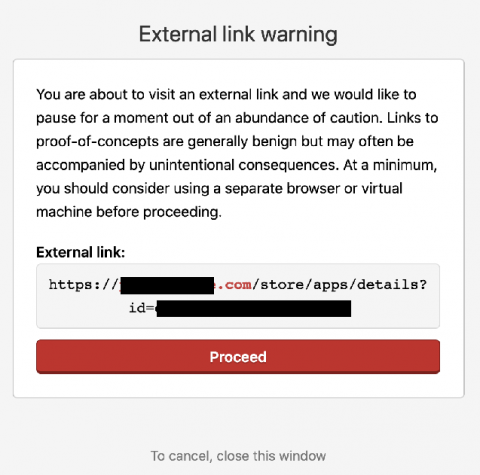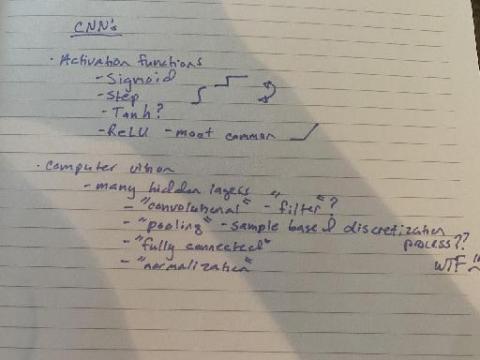A Gentle Introduction to Web Services With Go
When you're deciding on a technology to use for your project, it helps to have a broad understanding of your options. You may be tempted to build a web service in Go for performance reasons - but what would that code actually look like? How would it compare to languages like Ruby or JS? In this article, Ayooluwa Isaiah gives us a guided tour through the building blocks of go web services so you'll be well-informed.








